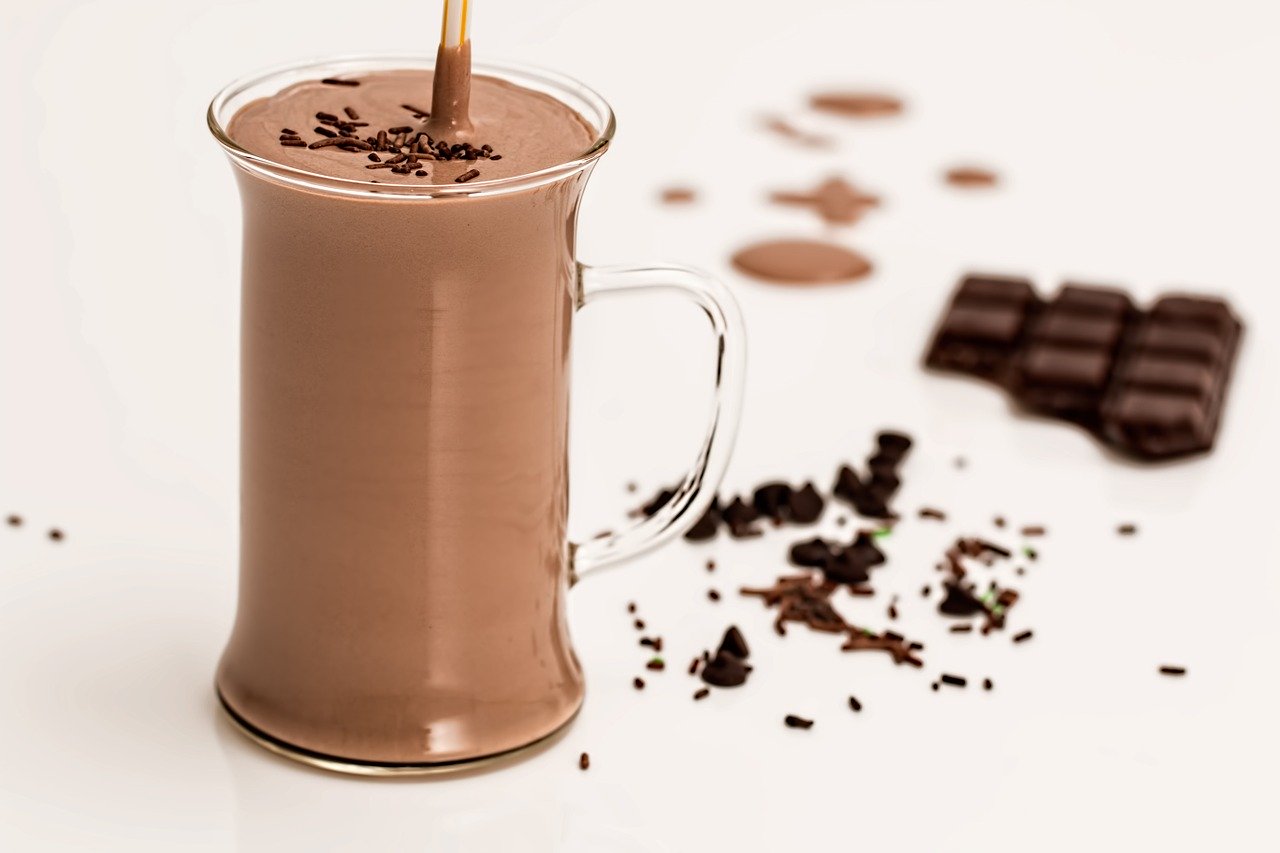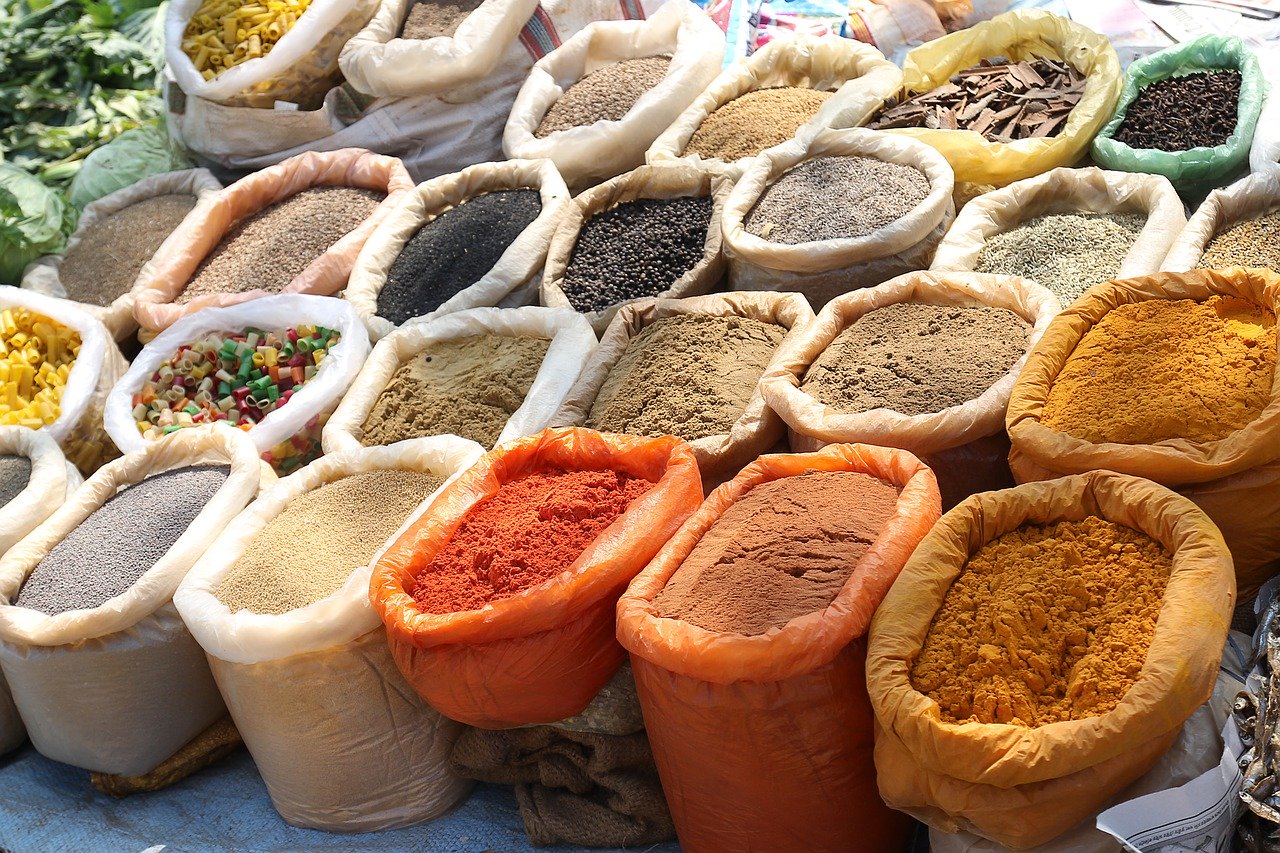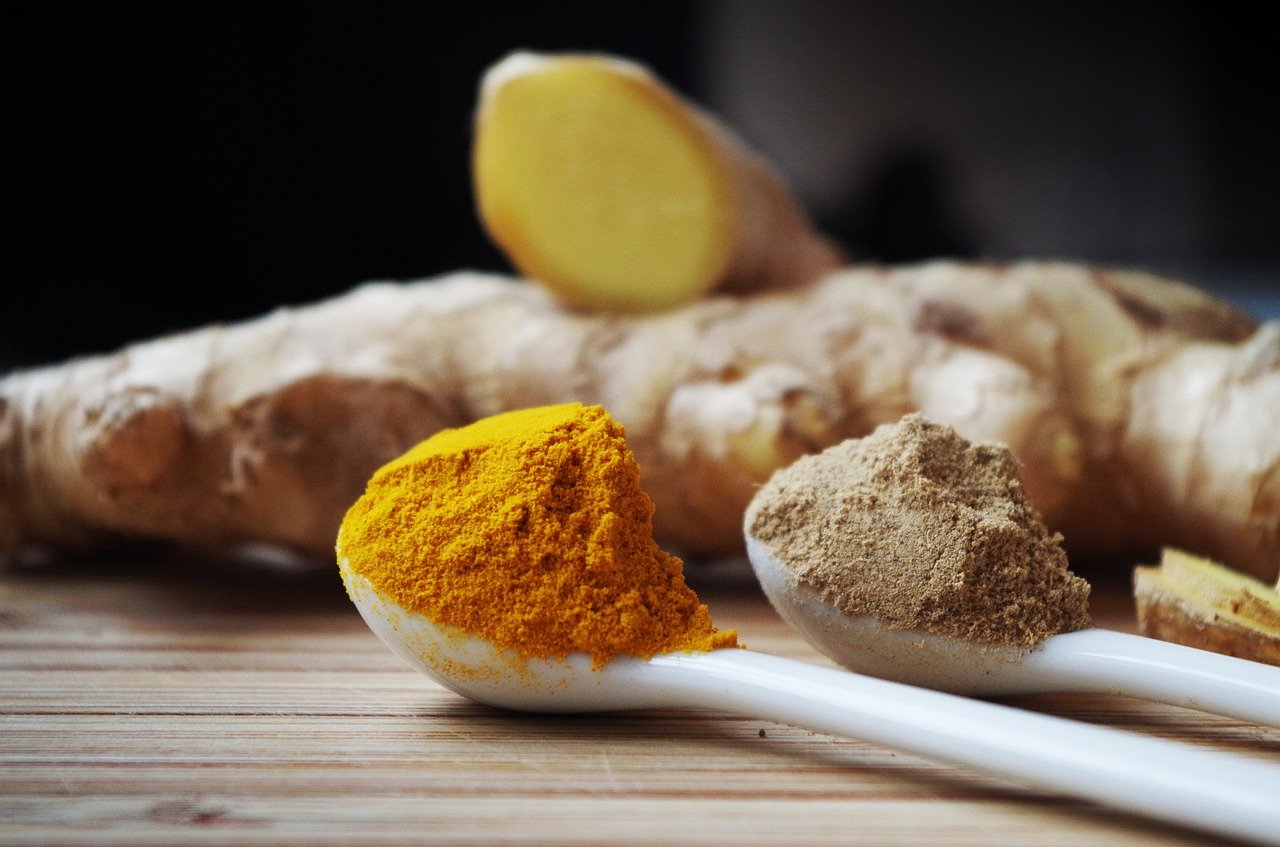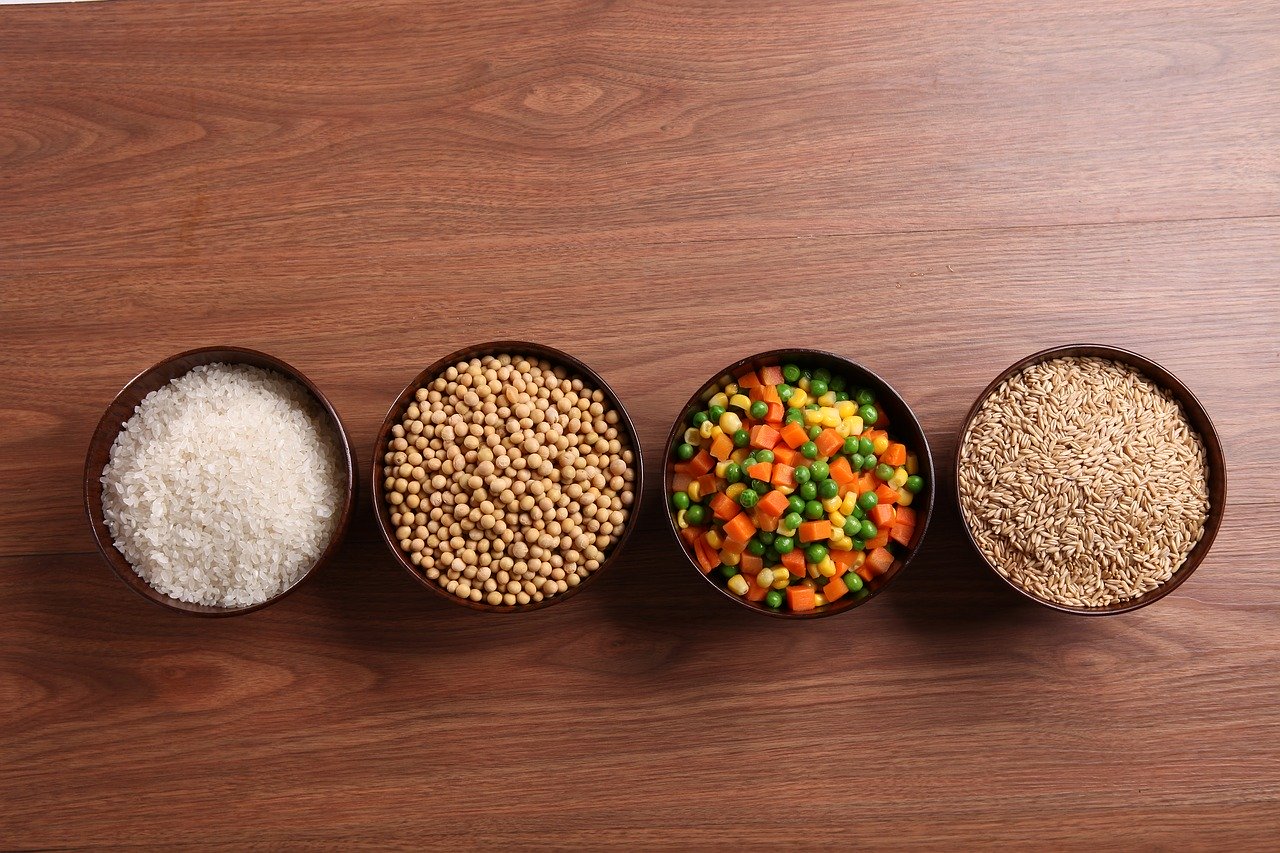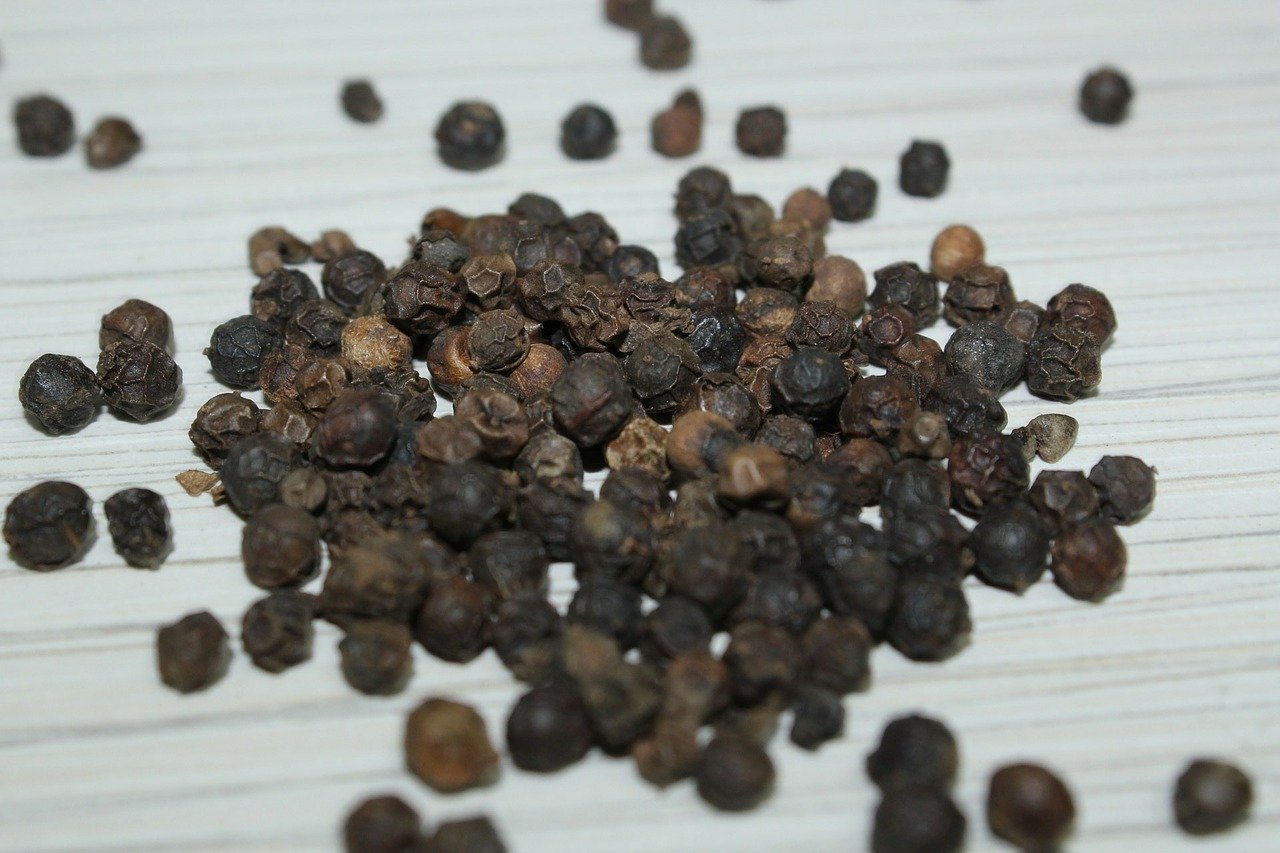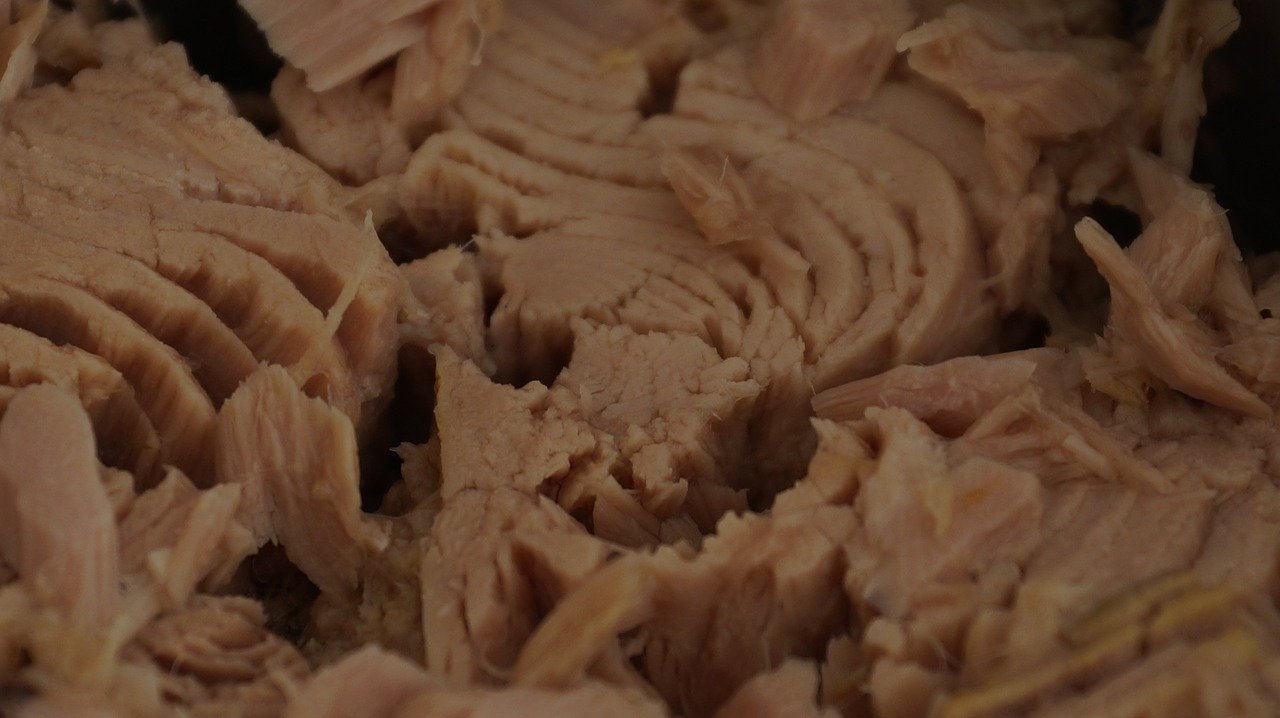In September 2018 researchers from Iran and Australia published the results of their study to assess the anti-inflammatory and analgesic effects of a garlic supplement on levels of resistin and … Read more
Carbohydrates do not appear to have a positive effect on any aspect of mood at any time-point following their consumption but instead are associated with higher levels of fatigue and reduced alertness within the first hour following ingestion
In April 2019 researchers from Germany and the UK published their review of the medical scientific literature to assess the effect of carbohydrate consumption on mood. A total of 31 … Read more
The minimum effective intake of egg white protein in a lactic-fermented egg white supplement to reduce abdominal fat appears to be 8 g
In April 2019 researchers from Japan published the results of their study to assess the minimum effective intake of egg white protein in lactic-fermented egg white supplementation for reducing abdominal … Read more
Despite a high fat content, individuals consuming a meal replacement had no change in body composition or a worsening of lipids, but there was an increased feeling of fullness which may be beneficial for controlling afternoon cravings
In April 2019 researchers from the USA published the results of their study to assess the effect of replacing breakfast with a high-fat drink on fat mass, lean mass, percentage … Read more
Physical exertion, during times of limited calorie intake, appears to impair cognitive control, worsen mood (tension, depression, anger, vigour, fatigue, and confusion) and increase perceived exertion
In June 2019 researchers from the USA published the results of their study to assess cognitive control during periods of sustained physical exertion and limited caloric intake. The researchers stated … Read more
Herbs and spices appear to have antioxidant, anti-microbial, and anti-inflammatory properties and they may in addition reduce the risk of developing chronic diseases, eg cardiovascular disease, neurodegenerative conditions, chronic inflammation, arthritis, cancer, obesity and diabetes type 2
In May 2019 researchers from Canada published their review of the medical scientific literature to identify and assess specific biomarkers in 25 herbs and spices, namely anise, basil, black pepper, … Read more
Individuals with severe mental health issues, particularly schizophrenia, appear to consume more pro-inflammatory foods and fewer anti-inflammatory nutrients
In May 2019 researchers from Australia, UK, Italy and the USA published their review which assessed how diet may affect physical and mental health outcomes in severe mental health issues. … Read more
Although a strict gluten free diet in the absence of coeliac disease should not be started, a reduction of gluten content might be a valid option in individuals with irritable bowel syndrome
In December 2018 researchers from Italy published the results of their study to compare the effect of sourdough fermented products with traditional bread and pasta in individuals with irritable bowel … Read more
The intake of turmeric extract, black pepper, and ginger twice a day for a period of 4 weeks may improve the prostaglandin E2 levels in individuals with chronic knee osteoarthritis
In March 2020 researchers from Iran published the results of their study to assess the effect of turmeric extract, black pepper, and ginger, all taken at the same time, on … Read more
A high intake of calories from protein may be associated with an increased risk of hypertension
In April 2019 researchers from Japan published the results of their study to assess the relationship between the incidence of hypertension and the intake of three major nutrients, protein, fats … Read more
A higher adherence to the Chinese Food Pagoda and Dietary Approach to Stop Hypertension diet appears to reduce the risk of premature death and breast cancer-specific recurrence or death among long-term breast cancer survivors
In February 2020 researchers from the USA and China published the results of their study to assess the possible benefits of adherence to dietary recommendations among breast cancer survivors. A … Read more
Consuming energy drinks may result in poorer sleep and higher stress levels
In January 2020 researchers from the USA published the results of their study to assess the effect of caffeine and energy drink habits on sleep quantity, sleep quality, and perceived … Read more
Strawberries appear to significantly reduce C-reactive protein levels and may improve total cholesterol and LDL-cholesterol in individuals with high levels
In April 2020 researchers from Japan, China and Egypt published their review of the medical scientific literature to assess the effect of strawberries on cardiovascular risk factors. A total of … Read more
Adding 6 g spice blend (basil, bay leaf, black pepper, cinnamon, coriander, cumin, ginger, oregano, parsley, red pepper, rosemary, thyme, and turmeric) to a high-saturated-fat, high-carbohydrate meal reduced the postprandial effect of the meal regarding the secretion of the inflammatory cytokine, IL-1β, in overweight/obese men
In March 2020 researchers from the USA published the results of their study to assess the postprandial effect of a blend of spices in a high-saturated-fat, high-carbohydrate meal on inflammatory … Read more
Black pepper appears to have important pharmacological properties which warrant further research
In February 2019 researchers from Mauritius, India, South Africa and Turkey published their review on the medicinal aspects of black pepper (Piper nigrum L.). India was seen to have the … Read more
A higher BMI is associated with an increased incidence of hypertension, diabetes, dyslipidemia, and hyperuricemia both in Japan and the USA, although the BMI level at which the incidence of these medical conditions increased was significantly higher in the USA than in Japan
In August 2018 researchers from Japan and the USA published the results of their study to compare the incidence of hypertension, diabetes, dyslipidemia and hyperuricemia according to BMI in Japanese … Read more
Dietary salt restriction appears to reduce central blood pressure which seems to be, at least in part, independent of the changes in peripheral blood pressure
In April 2020 researchers from Italy published their review of the medical scientific literature to assess the effect of salt on central blood pressure which is significantly associated with cardiovascular … Read more
Durum wheat-based products may reduce symptoms experienced by individuals with non-coeliac gluten sensitivity
In March 2019 researchers from Italy published the results of their study to assess the effect of an organic durum wheat variety with those of standard commercial wheat in patients … Read more
Replacing 5% of rice flour with orange pomace powder produced gluten-free cakes that received the highest acceptance scores in respect of colour, texture, appearance, flavour and overall acceptability
In February 2019 researchers from Turkey published the results of their study to assess the effect of different fibre sources (apple pomace powder, carrot pomace powder and orange pomace powder) … Read more
Although there is no overall carcinogenic risk in consuming canned tuna fish in Iran, there is a potential risk due to its arsenic content
In August 2018 researchers from Iran, Chile, Italy and Norway published their review of the medical scientific literature to analyse the pooled concentrations of metals found in canned tuna fish … Read more




